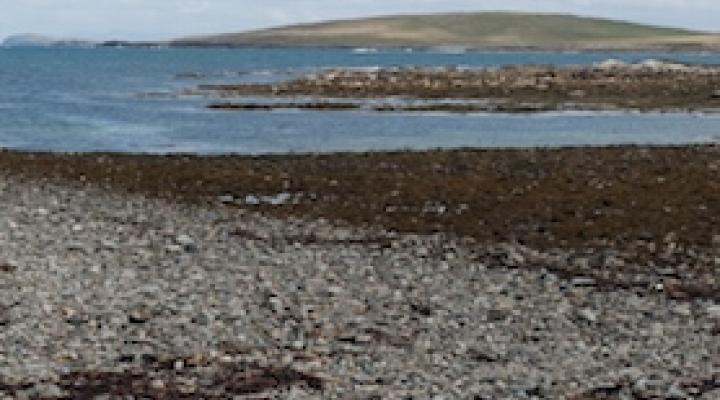

Alan Carter seeks to advance our understanding of some of the possibilities within Humean moral theory, while simultaneously providing new foundations for both animal welfare and a wider environmental ethic.
Nigel Dower discusses human development in relation to environmental ethics.
Frank G. Mueller attempts to assess and evaluate some of the economic implications of the Convention on Biological Diversity.
Peter Alward examines a naive argument against moral vegetarianism.
H.A.E. Zwart discusses Ibsen’s The Wild Duck as the origin of a new animal science.
Michael Lockwood synthesizes insights from philosophy, psychology, and economics towards an understanding of how humans value nature.
Bruce Morito shows that our inclusion as members of the ecological community makes our valuational activity an integral and transformational element within more comprehensive ecological processes, thus indicating a need for our moral commitment to the environment to be radically reshaped.
In her essay, Dana Phillips presents a analysis of Thoreau’s aesthetics and “the domain of the superlative.”
This paper explores the context of environmental justice (EJ) in Scotland, and presents a case study whereby the main attributes for an indicator of EJ were identified, encompassing procedural and distributive aspects of justice.
Using a case of mad cow disease in the United States, this paper argues, statements of risk are ultimately social products that come to us by way of translation.